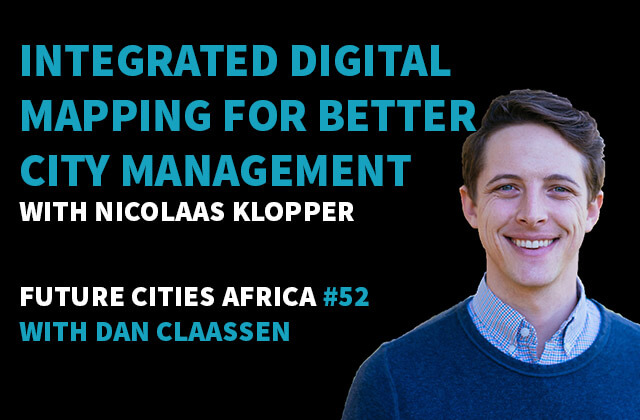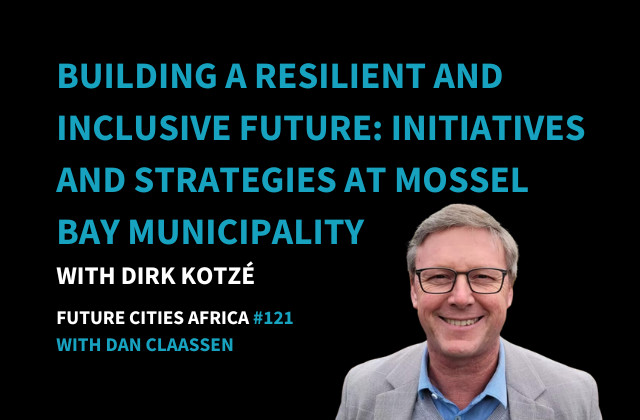Listen to Audio
Preparing Western Cape Businesses for CBAM Challenges and Opportunities: Episode 2
The Carbon Border Adjustment Mechanism (CBAM) is a key policy tool that forms part of the European Green Deal (EGD) to reduce net GHG emissions across Europe and abroad. In this three-part series, we will unpack its implications on business, building business resilience, key opportunities, where to find support, and much more.
Stay Connected
Episode Overview
The Carbon Border Adjustment Mechanism (CBAM) is a key policy tool that forms part of the European Green Deal (EGD) to reduce net GHG emissions across Europe and abroad. Within this context, CBAM can be defined as a carbon border tax on embedded GHG emissions of carbon-intensive products imported into the EU, also from SA. It can be viewed as an opportunity to drive local businesses towards greater economic resilience and green innovation. In this series of episodes, we will unpack its implications on business, building business resilience, key opportunities, where to find support, and much more.
This episode is part of the "Preparing Western Cape businesses for CBAM challenges and opportunities", a three-part series supported by the Western Cape Government Department of Environmental Affairs and Development Planning, produced in partnership with GreenCape, featuring Ilse van Schalkwyk, Chief Director: Economic Sector Support, within the branch Economic Operations in the Western Cape Department of Economic Development and Tourism.
Episode Summary
- 00:00:00 In this section, Ilse van Schalkwyk, discusses the sectors most vulnerable to the implications of the Carbon Border Adjustment Mechanism (CBAM) in the Western Cape. The sectors most affected are those importing iron steel, aluminium, electricity, certain fertilisers, cement, hydrogen, and certain precursors. The EU is encouraging these heavy carbon users to decarbonise before being penalised with taxes. Retailers and other industries are now requiring their suppliers to report on their carbon footprint, leading to a ramp-up of decarbonisation efforts throughout the value chain. Sectors need to make sure they are prepared for decarbonisation and understand their carbon footprint to avoid losing international markets. The agriculture sector, particularly in the Western Cape, has been proactive in this area, with companies like Blue North developing carbon footprint certification tools for fruit exporters and the wine industry. Businesses must educate themselves on carbon footprint measurement and work with organisations to understand their energy usage and sources.
- 00:05:00 In this section Ilse van Schalkwyk discuss ways businesses in the Western Cape can prepare for the challenges and opportunities presented by the Carbon Border Adjustment Mechanism (CBAM). They suggest that businesses aim for more than just "green washing" by sourcing energy from renewable sources, such as Steenbras Dam, which decreases their overall carbon footprint. Additionally, collaboration in mining areas for water and energy sharing is encouraged. Businesses are also advised to understand the risks in their supply chains and get ahead of them by implementing necessary adaptive behaviours. Ilse sees opportunities in the Western Cape's green economy, particularly in the areas of renewable energy, green hydrogen, and water conservation. She emphasises the importance of forward thinking and investing in research and development to remain competitive on a global scale. Support is available for businesses to help mitigate risks and leverage opportunities in CBAM through initiatives and a focus on sustainability.
- 00:10:00 In this section Ilse van Schalkwyk discuss the Western Cape Government's efforts to support businesses in navigating the changing Carbon Border Adjustment Mechanism (CBAM) landscape. They aim to become a one-stop shop for CBAM information by clustering resources on their website and offering workshops and webinars. Additionally, they are developing a carbon footprint calculating toolkit specifically for the manufacturing sector and partnering with organisations like Green Cape to provide technical expertise and advice. Ilse also encourages businesses to invest in green initiatives and highlighted upcoming investment opportunities in the Western Cape, including the Western Cape Just Energy Transition Investment Plan and the Western Cape Investment Summit.







